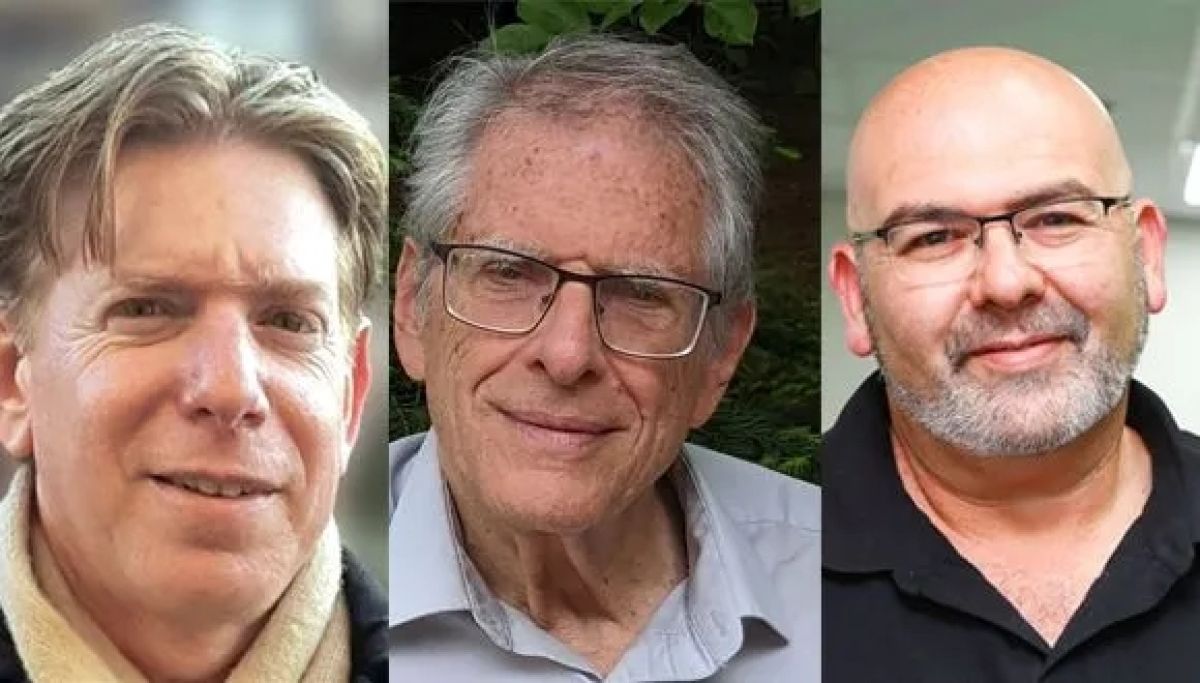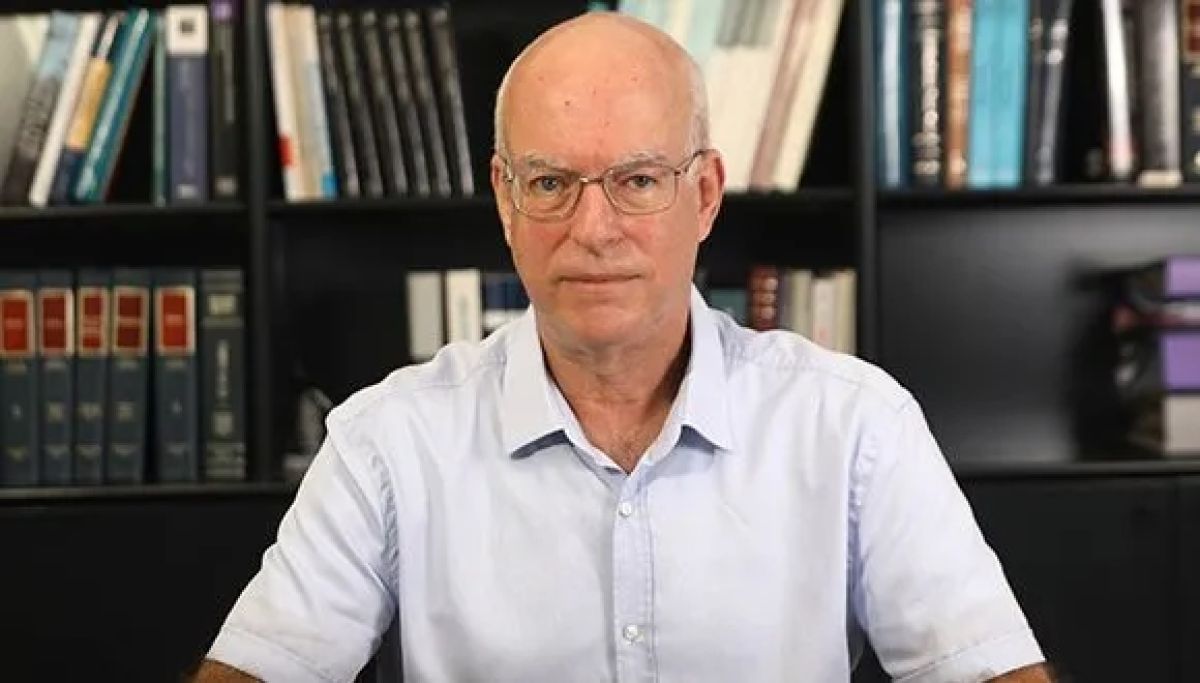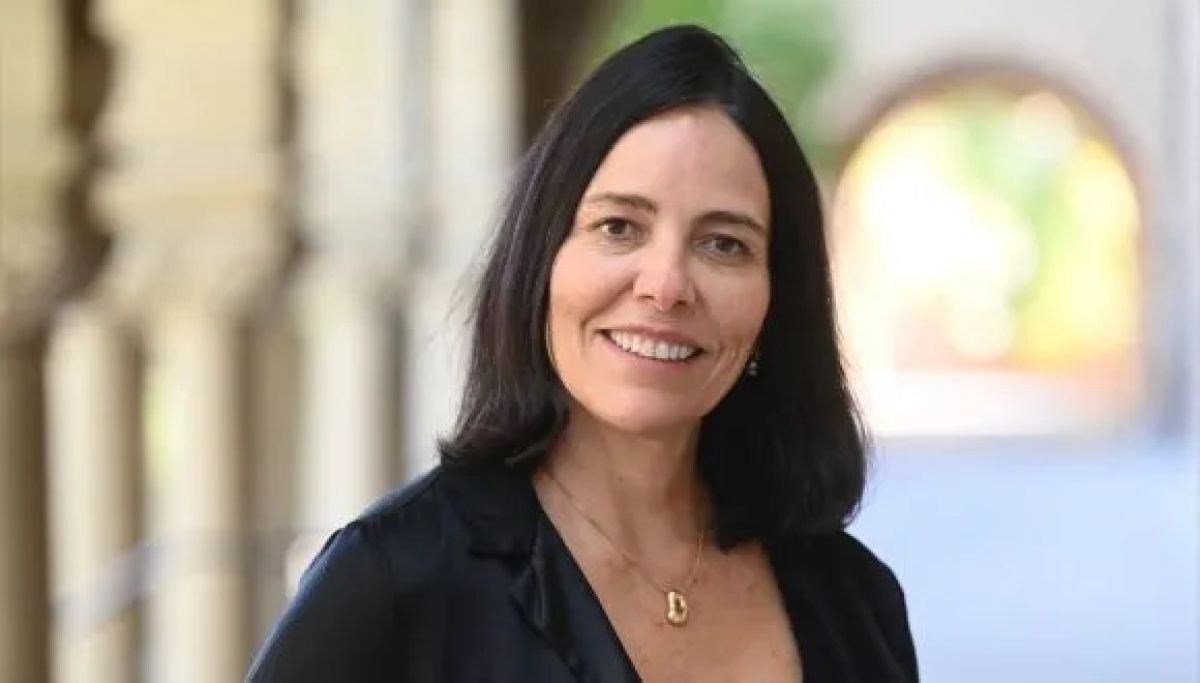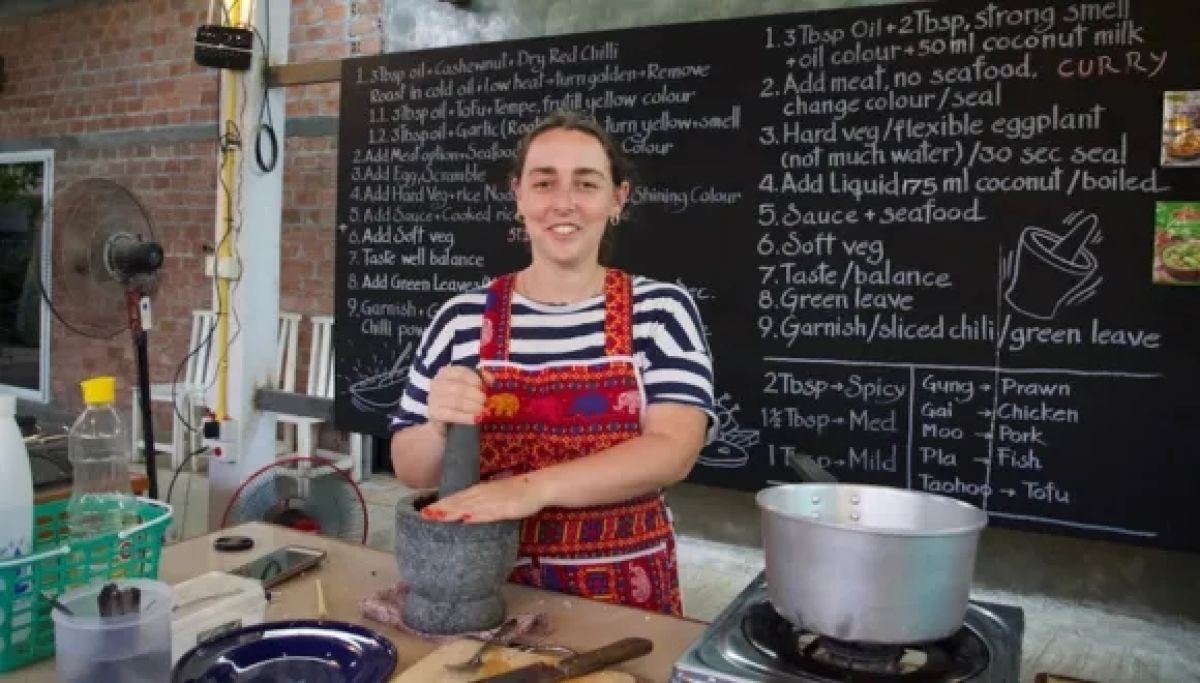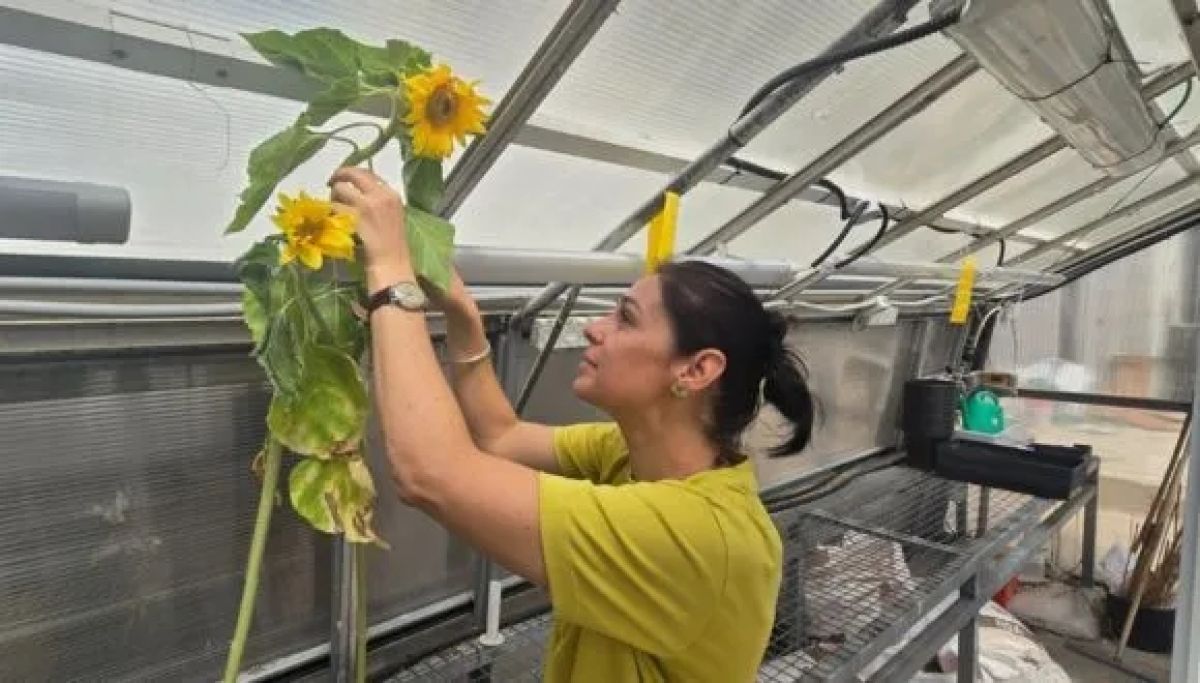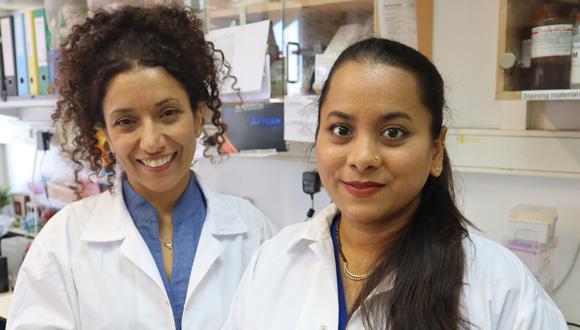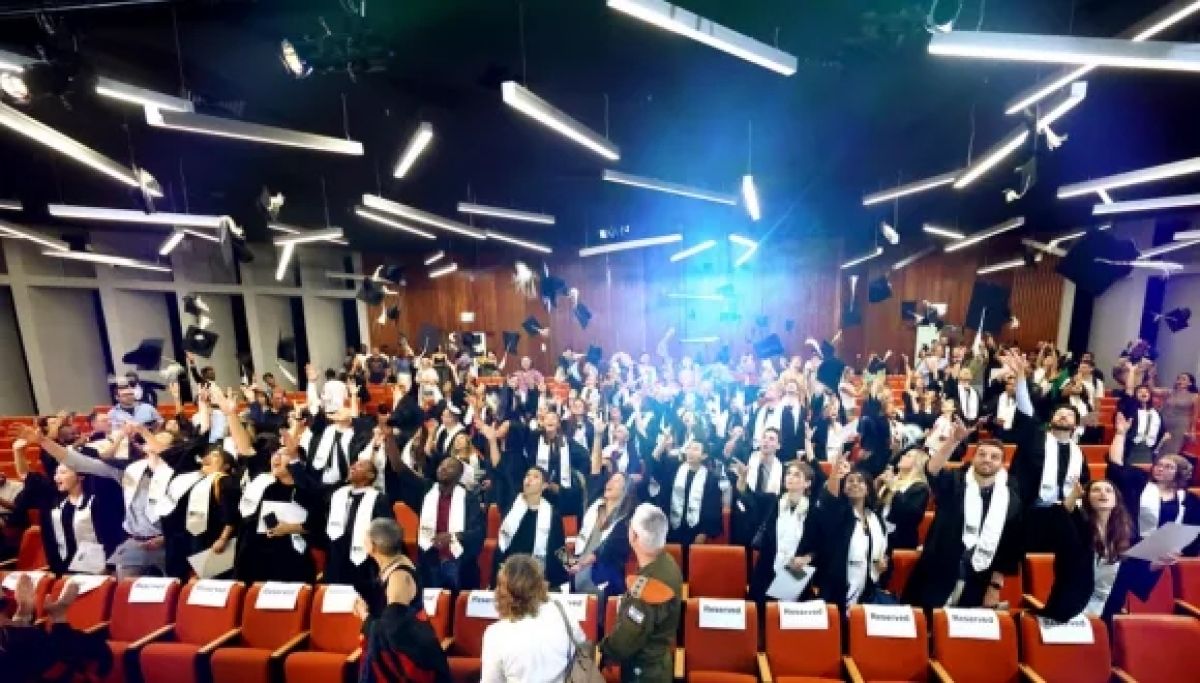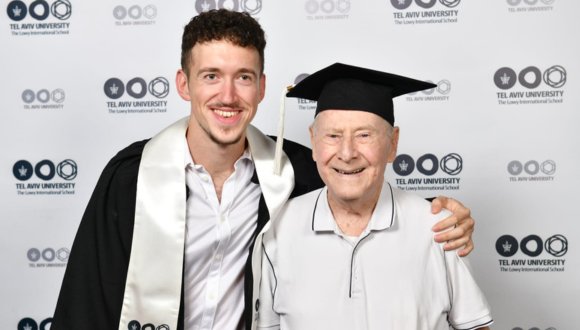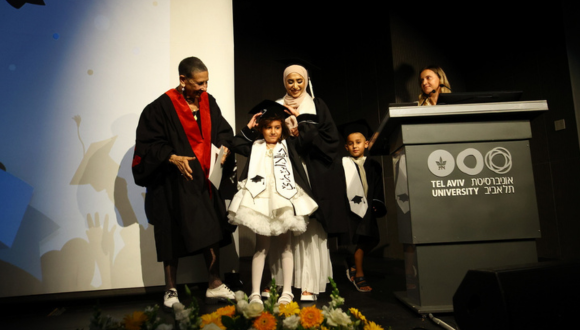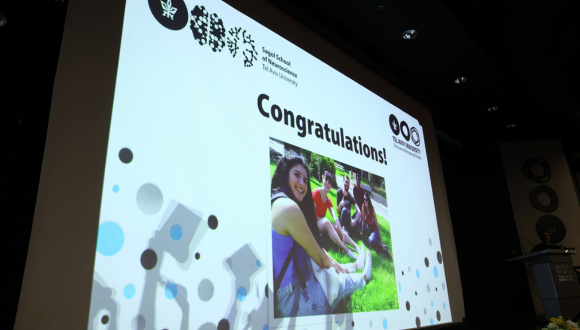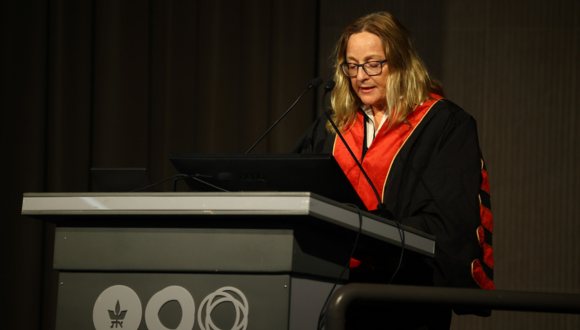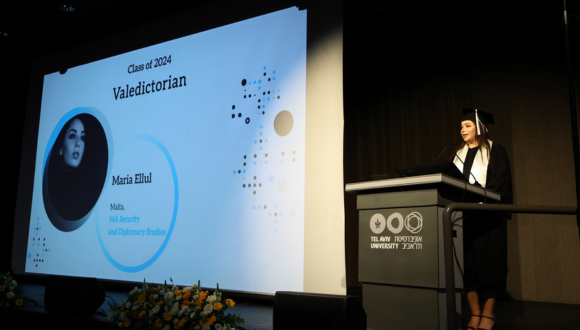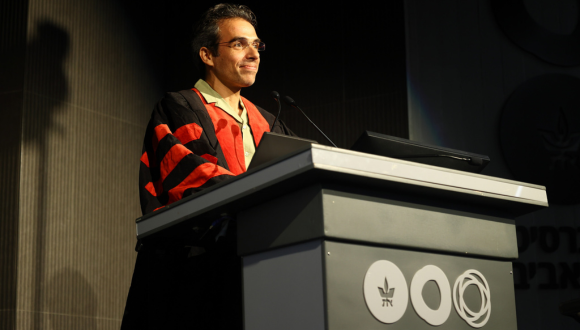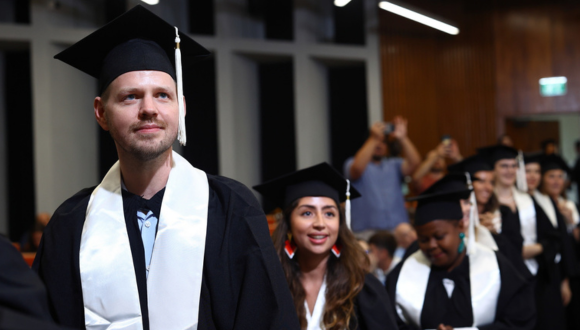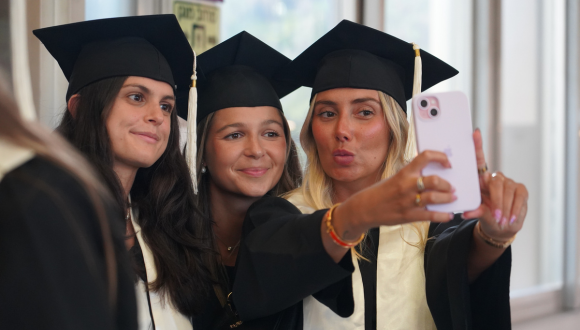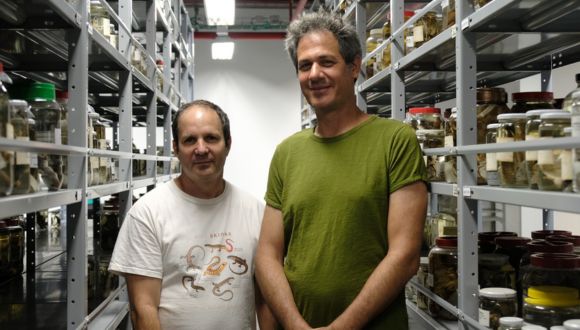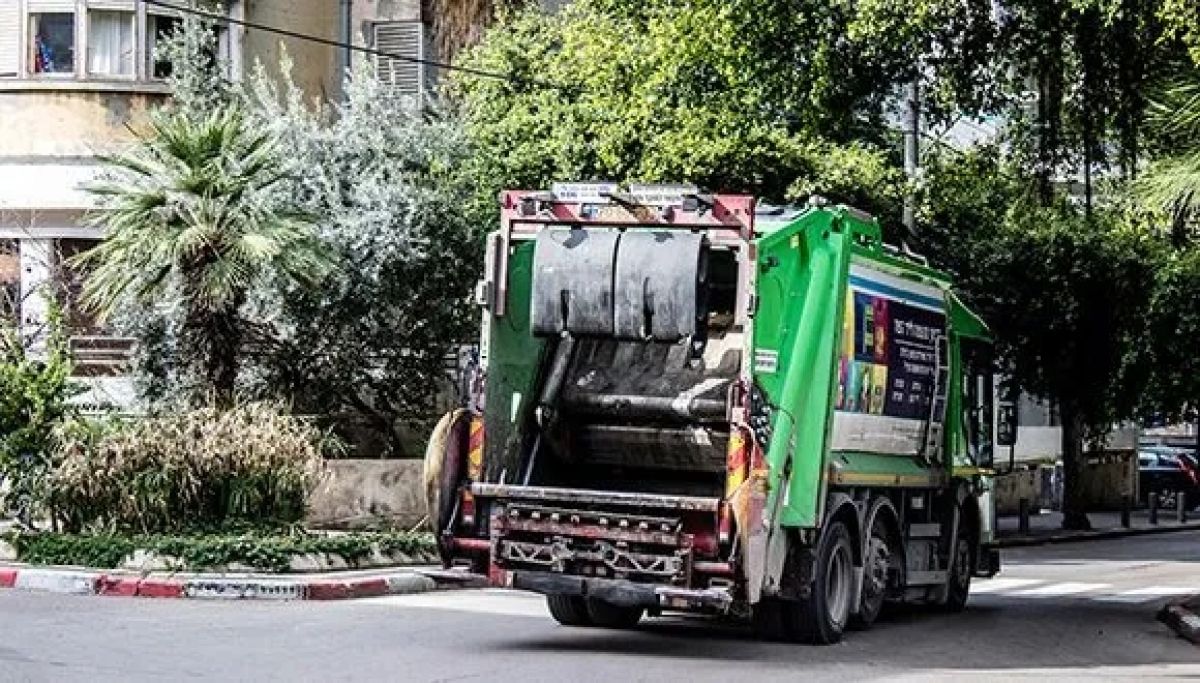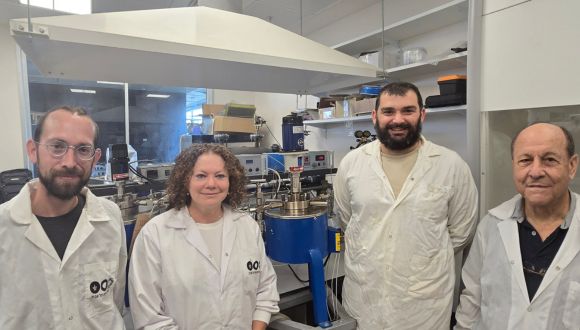Aliya Fastman, the founder and owner of Citrus&Salt cooking studio in Tel Aviv, is a California native who has made a significant impact on the city’s culinary landscape. A graduate of Tel Aviv University’s International MA in Conflict Resolution and Mediation, Fastman now calls Tel Aviv home, where she combines her love for cooking with her dedication to building connections between people through the shared experience of food.
In our interview, Aliya Fastman shares her journey and insights on how cuisine can serve as a powerful medium for promoting understanding and unity.
From Conflict Resolution to Culinary Diplomacy
I first came to Israel for a year abroad. After finishing school, I came back for the army, left again, then came back for my master’s degree. I’ve been here ever since.
I finished my master’s degree in Conflict Resolution and Mediation at TAU in 2016, and I thought I wanted to go into traditional diplomacy, but instead, I found myself, like many, needing to have a job. So I went into public relations in the high-tech sector, where I worked for several years. I really liked it, and it was a good learning experience.
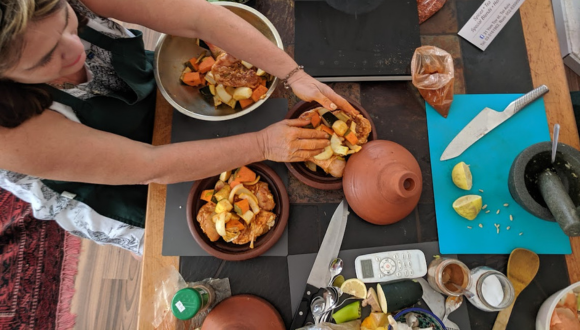
But on nights and weekends, I started building a business called Citrus and Salt, which was originally intended to teach Israeli cooking and other local cuisines to tourists. It started out of my home, and then I got a bigger home, so I had more students. Now we’re actually on to our second brick-and-mortar studio.
At our current studio, we offer both cooking classes and different cultural events.
With fewer tourists now, we have started offering cuisines that locals are interested in. I am passionate about traveling to places like Thailand, India, and Italy to learn from chefs there, getting to know their culture through their kitchen and bringing those cuisines and flavors back to Israel.
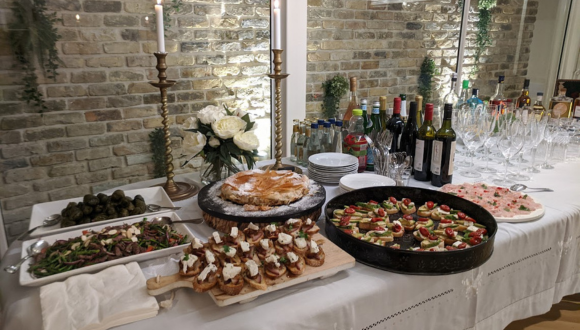
In addition, we have an initiative that I hope to grow, which is cultural nights for cross-cultural awareness through food. Our first Indian night was sold out with a waiting list – it was with a family of Olim from Mumbai who shared their story. I’d love to replicate this with Ethiopian culture, Arab-Israeli culture, and more.
Connecting People Through Food
In a way, although I didn’t realize it in the beginning, what we do is very much diplomacy through food. Essentially, as we learned in our degree, whenever you gather people together in a shared activity, it helps them get to know each other and helps create good relations. There’s almost no activity that’s better for that than cooking.
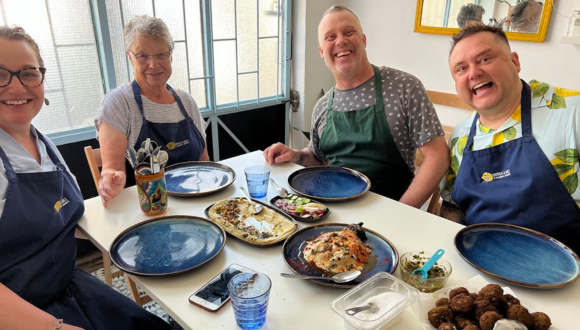
Our business has brought together people from many countries, including Germany, Uruguay, Hong Kong, the United States, and South Africa. They cook together and share their stories.
Regarding Israel, which is my passion, our studio provides a safe and calm space for people who are visiting Israel and who have heard a lot about it, to ask me questions about the culture, the conflicts, the food, and everything in between.
I don’t think any questions, if they’re coming from a good place, are unpleasant. People want to be informed and understand more. This has allowed me to be a bit of an advocate for Israel through the kitchen.
Showcasing Israeli and Diaspora Cuisines
Our classic Israeli menu has falafel, hummus, perfectly puffy handmade pita, shakshuka, and smoked eggplant with tahini, and Israeli salad. It’s vegetarian-friendly and accommodating to a range of dietary needs.
We also offer Moroccan, Iraqi, and Yemenite dishes to introduce our visitors to diaspora cuisines.
Personally, I love North African Moroccan cuisine, like tagine and couscous. The way the spices simmer together is unlike anything I experienced in the United States.

During my year at TAU, I traveled to Morocco with friends from the program for a couple of weeks and we were able to dive more into the culture there.
Citizen’s Kitchen: Bringing Comfort to Soldiers and Families
From October 9, we opened a war kitchen out of our cooking studio, and have made over 65,000 meals since then, feeding soldiers, families of hostages, displaced people, and families of reservists. It’s very much a community initiative where people from around the world and local Israelis came together to cook.
We rely on donations from international volunteers and donors to fund Citizen’s Kitchen, and we also have a GoFundMe.
The initiative emerged during rocket fire, at a time of great trauma, so we started also offering some therapy and different Shabbat community events to help create a foundation for people, while also doing a public service.
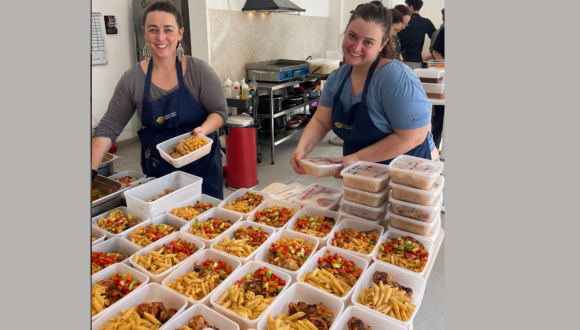
As locals go back to work, we’re inviting groups from Europe and the United States to volunteer. We’re pushing forward with both the volunteer and the regular studio activities in tandem.
We’ve gotten a lot of praise for our food, with soldiers saying it’s the best food they’ve had. We believe that if we’re doing this, the food should be tasty and of good quality.
Our ethos is comfort through food.
In the beginning, we made a lot of schnitzel. Our chefs really put together a fabulous recipe with the chicken marinated in coconut milk and spices overnight.
Now we’ve been making a lot of sandwiches because we’ve been sending them to the North and in armored vehicles to soldiers in Gaza. We try to do really nice ones, such as freshly baked ciabatta rolls with teriyaki chicken and a crisp cabbage salad.
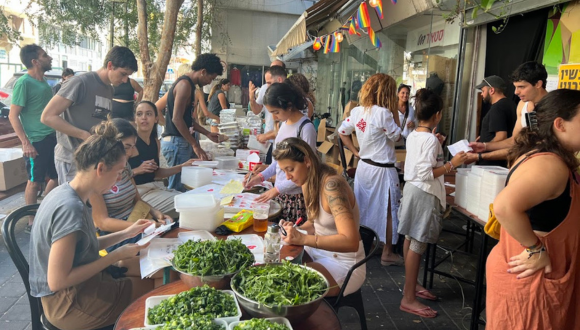
For families, we make dishes like stuffed onions and grape leaves, roast chicken, egg noodles with grilled vegetables and sesame seeds, fresh watermelon, baked food, and Israeli salad. Sometimes, we also send smoked eggplant with tahini, different cabbage salads, or meatballs in fresh tomato sauce.
More important than even the food is the fact that we’re here as an international community of Jews and allies, supporting the soldiers on the frontline and the survivors, saying that it’s not over.
Although a lot of kitchens have had to close, and we’re not at the same capacity we were, cooking just twice a week now, each meal counts and each partnership counts. We’re still cooking because they’re still fighting.
We’re also sending letters to soldiers from our international volunteers just to emphasize that we support them: “We have your back. You’re not alone in this.”
Looking Back on Studying at TAU
My degree taught me to communicate with different cultures, which is vital for my work even though it’s not formal diplomacy.
I loved the advanced mediation course—diving into it and doing the simulations really helped me.
It’s proved invaluable with some problematic situations and in dealing with students and volunteers of different cultural backgrounds.
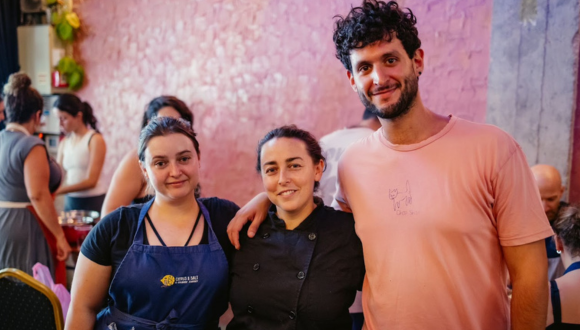
Every culture has its particularities, and I need to be able to bring all students together around the table. For example, Americans love little spoons to taste what they’re making, while Israelis use their hands.
Being aware of cultural differences is almost more important than how the food tastes because that leaves people feeling understood and having a nice experience.
I also found it absolutely wonderful to be able to study from people who were instrumental in making history. Professor Daniel Reisner, for example, was involved in creating some of the laws and deals and offered us a refreshing perspective on them.
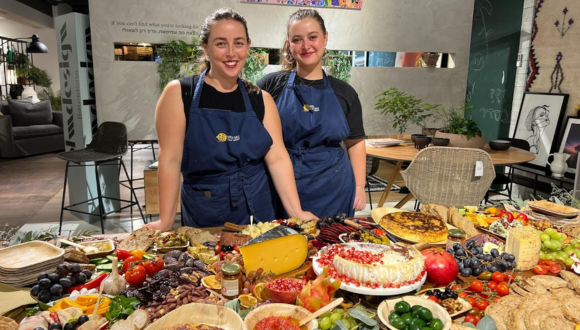
I’m a true believer in the fact that everything you do is a building block, whether it’s my waitressing after the army, or my job in PR.
This applies to my formal education as well—I didn’t know it would lead me here, but it’s definitely something that I needed, and I’m glad I did it.
I still have great friends from the course who stayed in Israel and we always speak about how it has helped us.
Connecting Education, Israel, and Global Advocacy
From my personal experience, I loved the education and the experience at TAU. It has been valuable for me and other alumni that I’ve spoken to.
I think that it’s very special to come and study in Israel and to be able to maintain connections here.
First and foremost, Jews need to be in a safe place. I think coming to strengthen the state here is very important. I also find great inspiration in Eylon Levy’s citizen spokesperson initiative to find people who are able to speak to Western audiences. Even if it doesn’t help the person you’re talking to, it might help the people on the sidelines.
The more well-educated, articulate, and well-informed internationals are in getting our message out there, to their communities, the better.
It does make a difference, and I believe there is hope for people who don’t necessarily have antisemitic beliefs, but simply follow the crowd.
Photos courtesy of Aliya Fastman and Citrus&Salt

